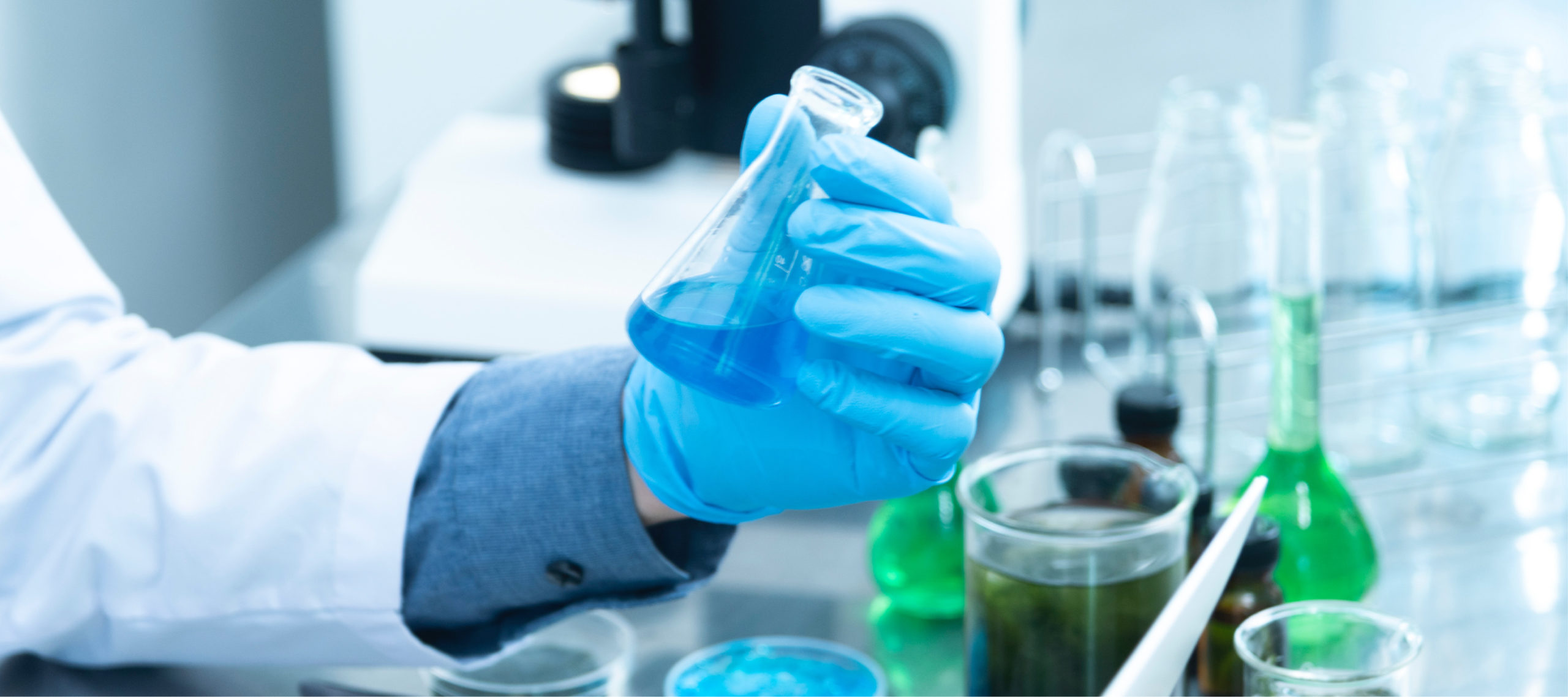
Critically Evaluating the use of Animal Models within Research
Some scientists claim animal experiments are essential for advancing human healthcare. Yet thousands of patients have been harmed by pharmaceuticals developed using animal tests. Some claim all experiments are conducted humanely, to high scientific standards. Yet, a wealth of studies have revealed that laboratory animals suffer significant stress, which may distort experimental results. Where, then, does the truth lie? How useful are such experiments in advancing human healthcare? How much do animals suffer as a result? And do students really need to dissect or experiment on animals?
In this presentation, I summarise the evidence confirming the limited human clinical and toxicological utility of animal experiments. I then review the reasons for the poor human predictivity of animal models. These include inherent differences between humans and animals, further exacerbated by the ways in which we use them – particularly, the stressful laboratory environments and procedures we subject animals to. Scientific flaws and sources of unconscious bias are widespread – undermining study reliability and reproducibility. Finally, publication bias frequently results in a distorted view and unrealistic expectations about the efficacy of pharmaceuticals tested in animals.
Some of my related publications are here.
See also AnimalExperiments.info
